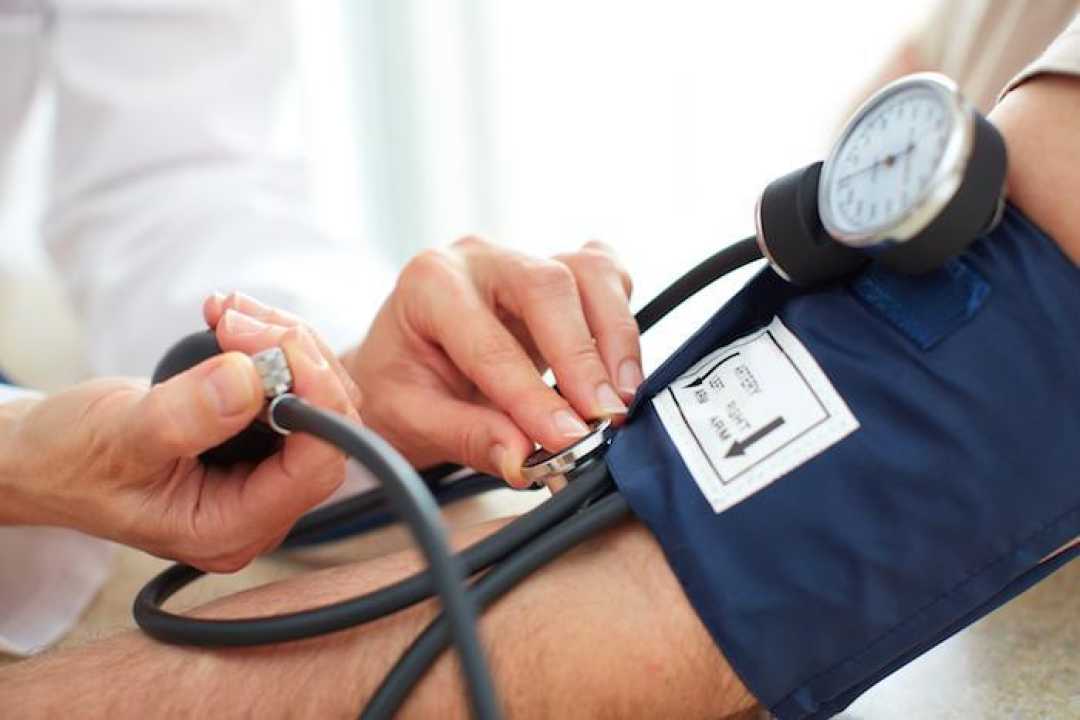Top 7 Ways To Reduce High Blood Pressure Without Drugs

Hypertension, often referred to as the silent killer, presents a concealed yet substantial threat, bearing the potential for heart disease and stroke, both leading causes of mortality. If you've received a diagnosis of high blood pressure, the prospect of medication may raise concerns. However, there exist effective non-pharmaceutical approaches to significantly mitigate hypertension and its associated risks.
Implementing lifestyle changes can yield notable results. Regular exercise stands as a cornerstone in this endeavor. Engaging in physical activity not only aids in preventing the onset of hypertension but also proves instrumental in its management for those already diagnosed. A commitment to consistent exercise, even in modest increments, can yield tangible benefits. Activities as simple as daily walks can contribute to a reduction in blood pressure, with more rigorous exercise yielding even greater results.
In addition to exercise, stress management, smoking cessation, weight reduction, and strategic adjustments in sodium, potassium, caffeine, and alcohol intake all play pivotal roles in the pursuit of optimal blood pressure levels without reliance on medication. By adopting a holistic approach, individuals can proactively take charge of their cardiovascular health and diminish the potential dangers associated with hypertension.
Top 7 Ways To Reduce High Blood Pressure Without Drugs
- Exercise
- Stress Management
- Quit Smoking
- Weight Reduction
- Balancing Sodium and Potassium Intake
- Assessing Caffeine Consumption
- Moderating Alcohol Consumption
1. Exercise
Regular physical activity stands as a formidable ally in the battle against hypertension. Not only can exercise serve as a preventive measure for those at risk, but it also aids in managing existing high blood pressure. Committing to as little as thirty minutes of moderate exercise each day, whether through activities like jogging or even a brisk walk, strengthens the heart's ability to pump blood, ultimately reducing arterial pressure.
2. Stress Management Techniques
Chronic stress can exacerbate hypertension, underscoring the importance of adopting stress-reducing practices. Embracing activities like deep breathing exercises, leisurely strolls, and immersing oneself in a good book prove invaluable in alleviating stress. Acknowledging that certain circumstances lie beyond one's control empowers individuals to focus on their reactions, while fostering gratitude contributes to an overall sense of reduced stress.
3. Quit Smoking
READ ALSO » 10 Foods That Reduce High Blood Pressure
Embracing a smoke-free lifestyle is a monumental stride towards improved overall health. Smoking not only leads to a temporary surge in blood pressure and heart rate but also inflicts damage on blood vessels through the chemicals present in tobacco. By parting ways with this detrimental habit, individuals fortify their defenses against heart disease and enhance their overall well-being, ultimately leading to a healthier, longer life.
4. Weight Reduction
Weight reduction emerges as a potent lifestyle modification in the battle against hypertension. Shedding even a modest amount of excess weight yields profound benefits in reducing blood pressure. As weight increases, so too does blood pressure, particularly in cases where excess weight accumulates around the waist. A loss of five to ten pounds for those grappling with overweight issues not only brings about a tangible decrease in blood pressure but also diminishes the likelihood of developing additional health complications.
5. Balancing Sodium and Potassium Intake
The role of sodium in blood pressure regulation sparks varied opinions. Nevertheless, for individuals with hypertension, a slight reduction in dietary salt can lead to significant improvements in heart health, resulting in a reduction of blood pressure levels. Those who exhibit sensitivity to salt find relief through a measured increase in potassium consumption, countering the effects of sodium and alleviating stress on blood vessels.
6. Assessing Caffeine Consumption
Caffeine, known to cause a temporary spike in blood pressure, introduces a nuanced consideration. While this effect is transient for most individuals, it's worth noting that those with heightened sensitivity to caffeine may benefit from moderating their intake. Interestingly, studies indicate that individuals who partake in caffeinated beverages like coffee and tea may experience a lowered risk of heart disease and hypertension, highlighting the complexity of this relationship.
7. Moderating Alcohol Consumption
Even in the absence of pre-existing health issues, alcohol consumption can exert upward pressure on blood pressure readings. While moderate alcohol consumption may confer certain heart health benefits, the potential drawbacks can outweigh the advantages. Excessive drinking not only leads to a notable increase in blood pressure but also compromises the effectiveness of blood pressure medications. Therefore, adhering to recommended guidelines for alcohol consumption is paramount in maintaining optimal cardiovascular health.
In conclusion, addressing high blood pressure through natural means presents a proactive approach to safeguarding cardiovascular health. Engaging in regular exercise, adopting effective stress management techniques, and liberating oneself from tobacco's grasp stand as powerful steps towards achieving optimal blood pressure levels. Furthermore, embarking on a weight-loss journey and balancing sodium and potassium intake offer additional avenues for improvement.
Careful consideration of caffeine consumption and moderation of alcohol intake play crucial roles in maintaining stable blood pressure readings. By embracing these strategies, individuals not only take control of their health but also reduce the risk of heart disease and stroke. Ultimately, the commitment to these holistic approaches empowers individuals to lead healthier, longer lives, free from the silent threat of high blood pressure.
READ ALSO » Top 10 Ways To Reduce Carbohydrate Intake In Your Meals: A Guide To Healthier Eating
